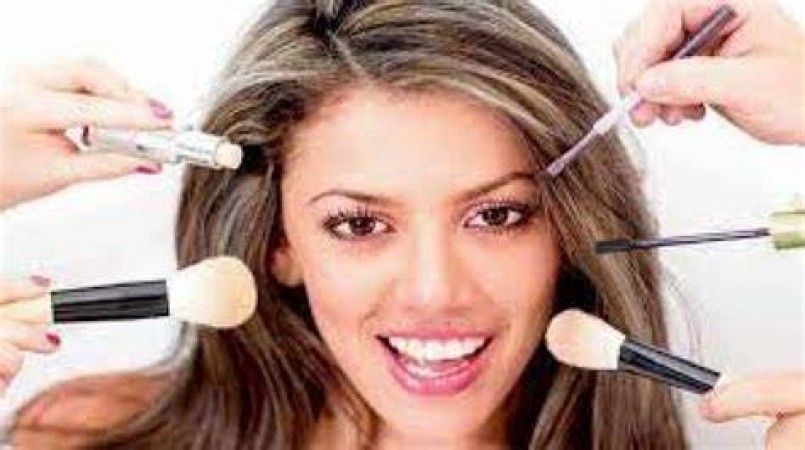
In the world of cosmetics and beauty, sharing makeup is a common practice among friends and family members. While it might seem harmless, there are hidden dangers and risks associated with this seemingly innocuous habit. This article delves into the potential pitfalls of sharing makeup and why it's essential to exercise caution when doing so.
Makeup as a Social Experience
For many, makeup isn't just a cosmetic routine; it's a social experience. Friends often bond over makeup, experimenting with different looks and sharing beauty tips.
Financial Considerations
Makeup products can be expensive, and sharing them can help individuals save money. Borrowing a friend's lipstick or eyeshadow palette can seem like a cost-effective choice.
Convenience
Sharing makeup can be convenient, especially when you're in a rush or don't have access to your own products. It's a quick fix for those unexpected beauty emergencies.
Risk of Infections
Bacterial Infections
Shared makeup tools and products can harbor harmful bacteria, leading to infections such as conjunctivitis (pink eye) or skin issues.
Viral Infections
Viruses like herpes simplex can thrive in lipstick and lip gloss, posing a risk of transmission when shared.
Allergic Reactions
Allergic Contact Dermatitis
Ingredients in makeup can trigger allergic reactions when applied to sensitive skin, and sharing makeup increases the likelihood of encountering allergens.
Skin Conditions
Acne and Breakouts
Shared makeup can introduce oils and bacteria to the skin, potentially exacerbating acne and causing breakouts.
Worsening Skin Conditions
People with existing skin conditions, like eczema or psoriasis, may experience flare-ups when using makeup that has been contaminated.
Personal Hygiene
Wash Your Hands
Always wash your hands thoroughly before applying makeup to minimize the risk of transferring germs to your face.
Clean Makeup Brushes
Regularly clean your makeup brushes and tools to remove bacteria and prevent skin issues.
Avoid Sharing Certain Products
Lipstick and Lip Gloss
These products have a higher risk of viral transmission and should not be shared.
Eye Makeup
Eye infections can be particularly problematic, so avoid sharing eye makeup like mascara and eyeliner.
Conduct Allergy Patch Tests
Before trying a new makeup product, conduct a patch test on a small area of your skin to check for allergic reactions.
Educate Yourself
Learn about makeup hygiene and safety practices to protect your skin from potential harm.
Sharing makeup can be a fun and cost-effective way to bond with friends, but it comes with hidden risks. Bacterial infections, allergic reactions, and skin issues are all potential consequences of sharing makeup. To protect your skin and overall health, prioritize personal hygiene, avoid sharing certain products, and stay informed about makeup safety practices. Remember, when it comes to makeup, it's better to be safe than sorry.
Causes of Stomach Gas and Ways to Find Relief
One night old stale bread will give more strength than vegetables and fruits